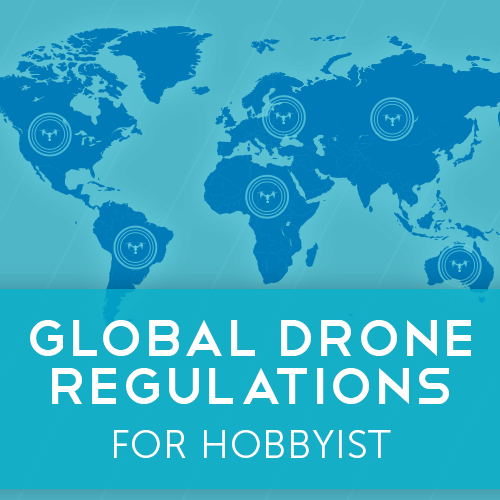
Training & Regulations
Global Drone Regulations for Hobbyists
Heliguy Insider have created this guide to global drone regulations for hobbyist users looking to fly their drone on holiday. Read our guide to see the drone laws in the top holiday destinations. ... Read More
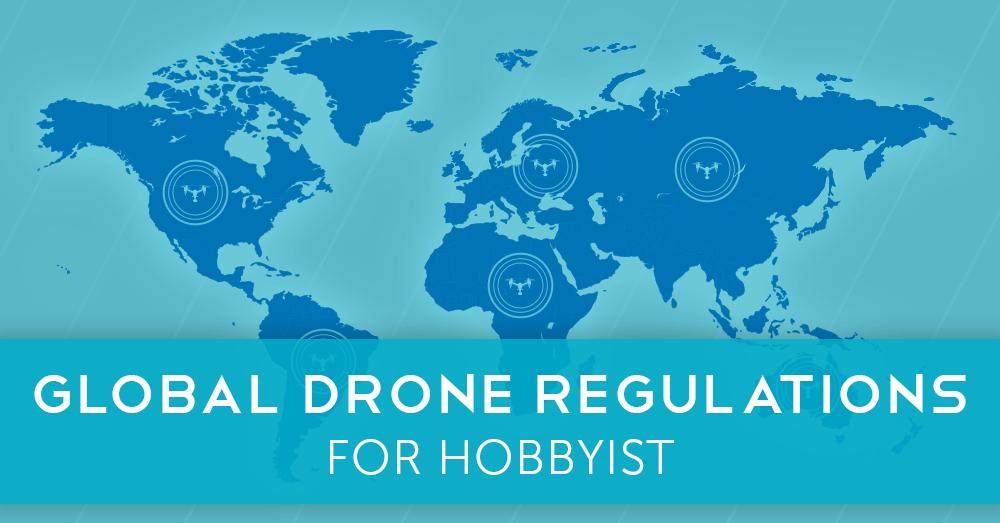
Please Note – Laws and regulations are subject to change. All included countries in this post were written as understood at the point of publishing.
Europe Drone Regulations
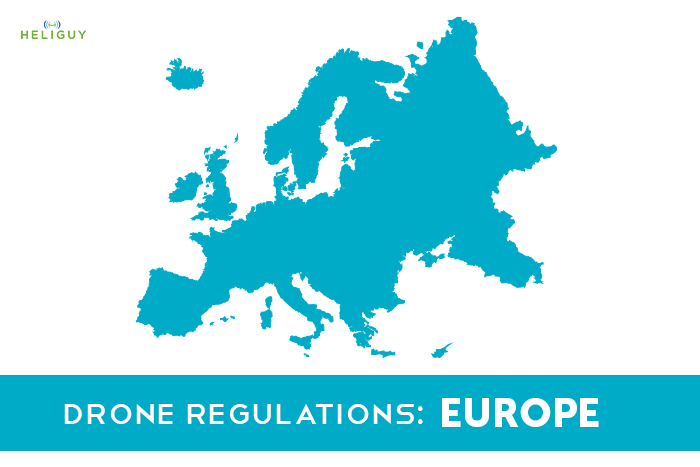
United Kingdom
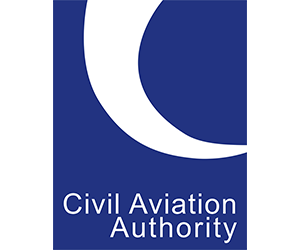
Don’t exceed 400ft (120m)
Maintain VLOS (Visual Line of Sight)
Don’t fly further than 1640ft (500m) away from yourself
Don’t fly within 1 mile of an airport
Don’t fly within 150ft (50m) of people or property
Don’t fly within 500ft (150m) of congested areas
Legal responsibility is with the pilot
If you're interested in becoming a commercial drone pilot, head to our drone PfCO training page here.
Republic of Ireland
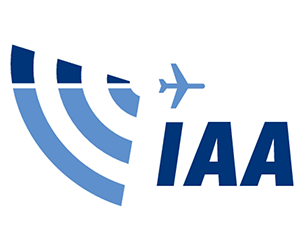
Don’t fly within 100ft (30m) of people or property
Don’t fly further than 990ft (300m) of yourself
Don’t exceed 400ft (120m)
Don’t fly over urban areas
Don’t fly in civil or military controlled space
Drones over 1kg must be registered
Spain
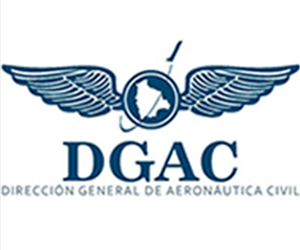
Maintain VLOS
Stay away from people, animals and objects
Don’t fly over 400ft (120m)
Don’t fly within 1 mile (8km)
Respect the privacy of others
Don’t fly at night
Don’t operate in clouds, industrial sites, urban areas and restricted areas
Minimum age of 18 years old
France
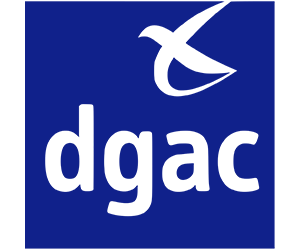
Don’t fly over people
Don’t fly over 500ft (150m)
Maintain VLOS with the drone
Don’t fly over congested areas
Never fly over restricted and sensitive sites
Always respect people’s privacy
Consent is required for media of people
Don’t fly at night
Turkey
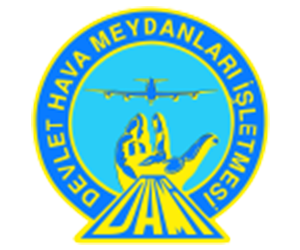
Italy
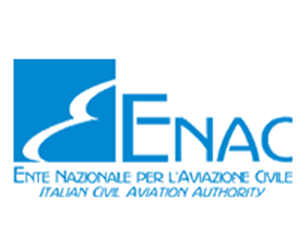
Maintain VLOS with your drone
Don’t exceed 230ft (70m)
Keep your drone within 650ft (200m)
Do not fly over crowds, houses or transport links
Do not fly within 5km (3 miles) of an airport
Don’t fly over schools, hospitals or sensitive areas
Portugal
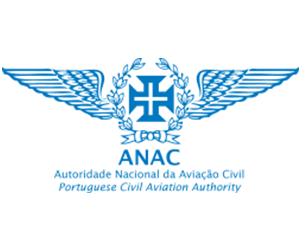
Don’t fly over 400ft (120m)
Maintain VLOS
Don’t fly over crowds
Do not fly at night
Drones must be flown at least 100ft (30m) from people
Don’t fly over crowds or densely populated areas
Don’t fly toy drones over 100ft (30m)
Germany
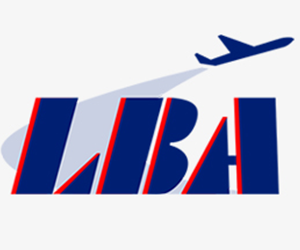
Maintain VLOS
Hobbyist drones must weigh under 2kg
Drones over 250g must have a sticker/badge with the owner’s name and address
Drones over 250g cannot be flown in residential areas
Drones shouldn’t exceed 330ft (100m)
If fitted with a camera, do not fly over houses
Do not fly over crowds, emergency services or sensitive areas
Do not fly at night
Netherlands
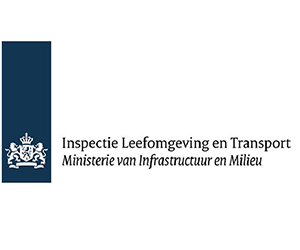
Do not exceed 400ft (120m)
Do not fly over groups or built-up areas
Stay 50 meters away from people, buildings, vehicles etc.
Maintain VLOS
Do not fly at night
You’re liable for any damage or injury caused by your drone
Russia
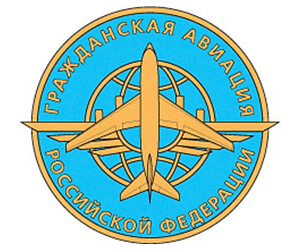
Drones over 250g must be registered
Registration document must be fixed to the drone
Don’t fly over people or crowds
Do not fly over sensitive areas
Don’t fly at night
Please be aware, network jammers are occasionally used in Russia which will affect the operation of your drone.
Greece
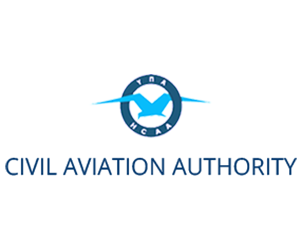
Do not fly over people of crowds
Don’t fly over 400ft (120m)
Do not fly closer than 170ft (50m) to anything outside your control
Don’t fly further from yourself than 1640ft (500m)
Don’t fly within 6km of airports
Don’t fly at night
Don’t fly over sensitive areas including archaeological sites
Africa Drone Regulations
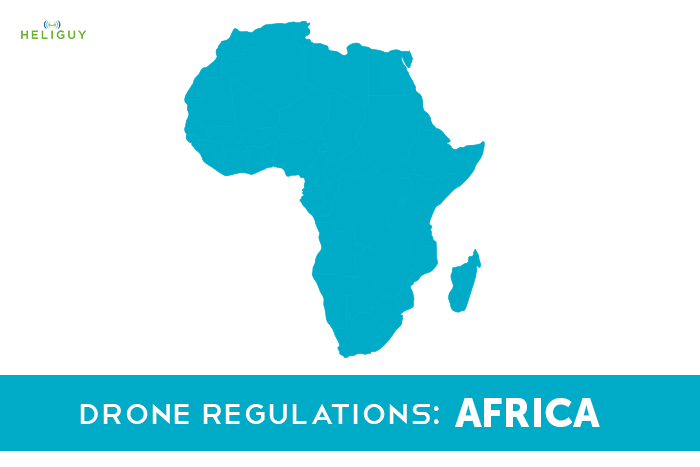
South Africa
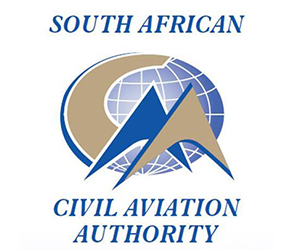
Don’t fly closer than 160ft (50m) to people
Don’t fly closer than 160ft (50m) to property without permission
Don’t fly closer than 10km to an aerodrome
Don’t exceed 150ft (45m)
Maintain VLOS
Inspect your drone before each flight
Kenya
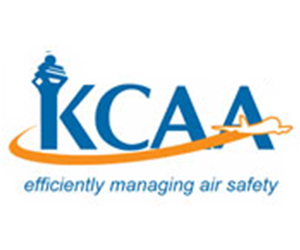
Drones use must be approved by the KCAA and Kenyan Ministry of Defence
Morocco

Drones not permitted and confiscated on arrival
The Americas Drone Regulations
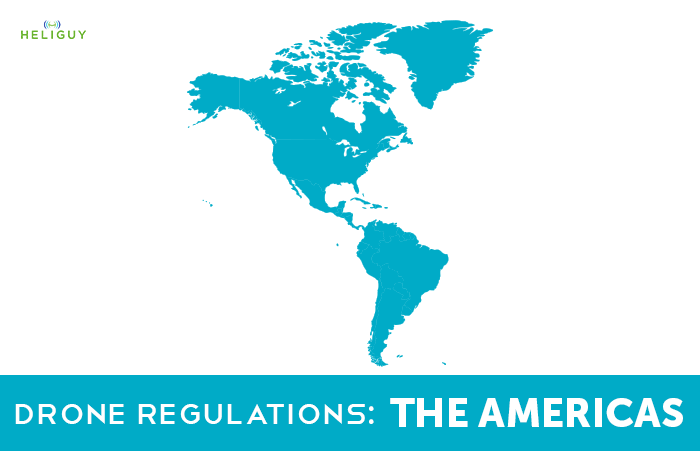
USA
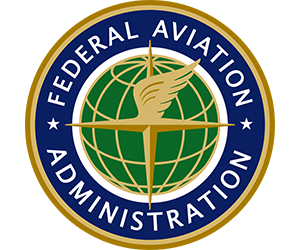
Drones must be registered with the FAA ($5.00 fee)
Don’t exceed 400ft (120m)
Maintain VLOS
Respect people’s privacy
Don’t fly near airports or aircrafts
Don’t fly over crowds
Don’t fly near emergency services
Don’t fly while under the influence of alcohol
Canada
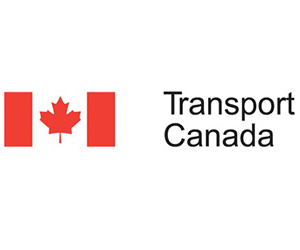
Maintain VLOS
Remain under 300ft (90m)
Affix name, address and contact number to the drone
250g to 1kg – stay at least 100ft (30m) away from people and vehicles
1kg to 35kg - stay at least 250ft (76m) away from people and vehicles
Stay 5.6km away from aerodromes
Stay at least 1.9km from helicopter aerodromes
Stay at least 9km from natural hazard or disaster sites
Avoid flying where you could interfere with emergency services
Only fly in the day when there isn’t cloud coverage
Don’t exceed 1640ft (500m)
Mexico
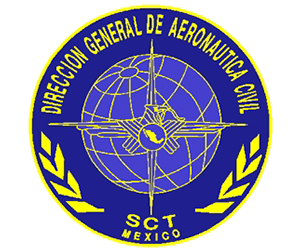
Drones weighing over 2kg require a permit
Maintain VLOS
Only fly during the day
Don’t fly over people or crowds
Don’t fly over 400ft (120m)
Argentina
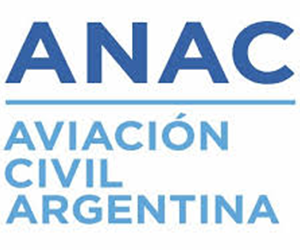
Drone pilots are liable for any damage caused by the drone
Must be over 18 to fly independently
Pilots 16 or 17 must be supervised by an adult
The maximum height of 400ft (120m)
Don’t fly within 5km of airports
Maintain VLOS
Don’t fly at night
Attach a registration plate to the drone
Don’t fly over populated areas or crowds
Asia Drone Regulations
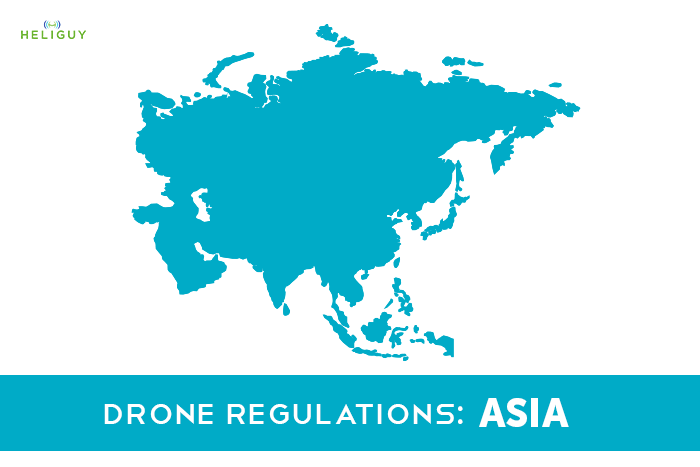
China
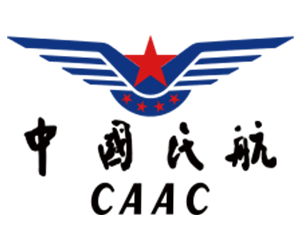
If your drone weighs over 250g, register your drone with the CAAC and affix their QR code to your drone
Don’t exceed 400ft (120m)
Maintain VLOS
Third-party liability insurance is required
Don’t fly in densely populated areas
Don’t fly near emergency services or restricted areas
Japan
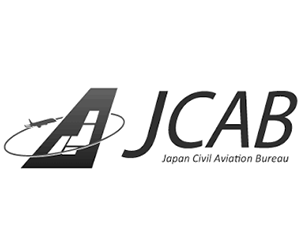
Don’t exceed 500ft (150m)
Don’t fly near airports
Don’t fly in densely populated areas
Only fly in daylight
Maintain VLOS
Don’t fly within 100ft (30m) of people or property
Don’t transport or drop objects
Vietnam

A permit is required for drone authorisation
Thailand
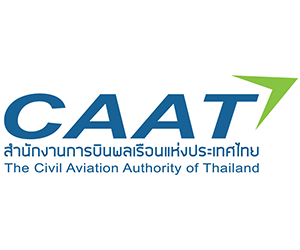
Drones with a camera or exceeding 2kg must be registered
Don’t fly closer than 100ft (30m) to people
Don’t fly near manned aircraft
Don’t fly near sensitive areas
Don’t fly within 9km of an airport or airfield
Maintain VLOS
Don’t exceed 300ft (90m)
India
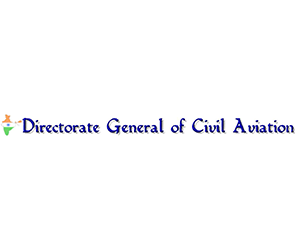
Must apply for a unique registration number which is only available for Indian residents
Oceania Drone Regulations
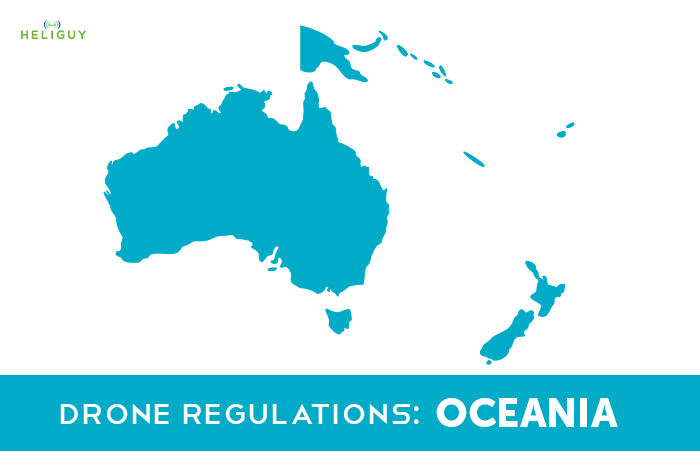
Australia
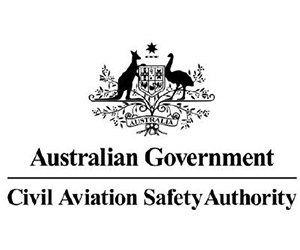
Only fly in daylight
Maintain VLOS
Stay 100ft (30m) away from people
Don’t exceed 400ft (120m)
Stay 5.5km away from aerodromes and helipads
Avoid emergency services
Respect people’s privacy
Only pilot one drone at a time
Don’t fly within 1000ft (300m) of marine mammals
New Zealand
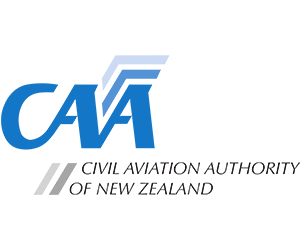
Only fly in daylight
Give way to all manned aircraft
Maintain VLOS
Do not exceed 400ft (120m)
Don’t fly within 4km of an aerodrome
Don’t fly over sensitive or restricted areas
Only fly over people with their consent
Only fly over property with consent
Please Note – In addition to the above rules and regulation, each country will have individual no-fly zones and restricted airspace. Please also adhere to these additional regulations.
Summary
Flying your drone when away on holiday is an exciting prospect. The change of scenery can give you an impressive new subject for your photos and videos that you clearly want to make the most of. Make sure you respect the rules of the country you’re travelling to in order to avoid fines and the potential loss of your drone. The regulations are increasing constantly and respecting them is the best way to help keep them fair and appropriate for sensible drone pilots. For advice on travelling with your drone, head to our previous blog post here. If in doubt, check with your airline provider who will be able to give you a definitive answer.
Please Note – Regulations are subject to change and misinterpretation. Heliguy recommends you check the individual guidelines in countries before flight and use the above as a guide for hobbyist drone flying only.
To discuss any information from the above post or any DJI or Freefly product, please give one of our team a call on 0191 296 1024 or email us at info@heliguy.com.
Keep checking back to Heliguy’s Insider Blog for more announcements, insights into drones and, of course, the latest news from the drone industry.
